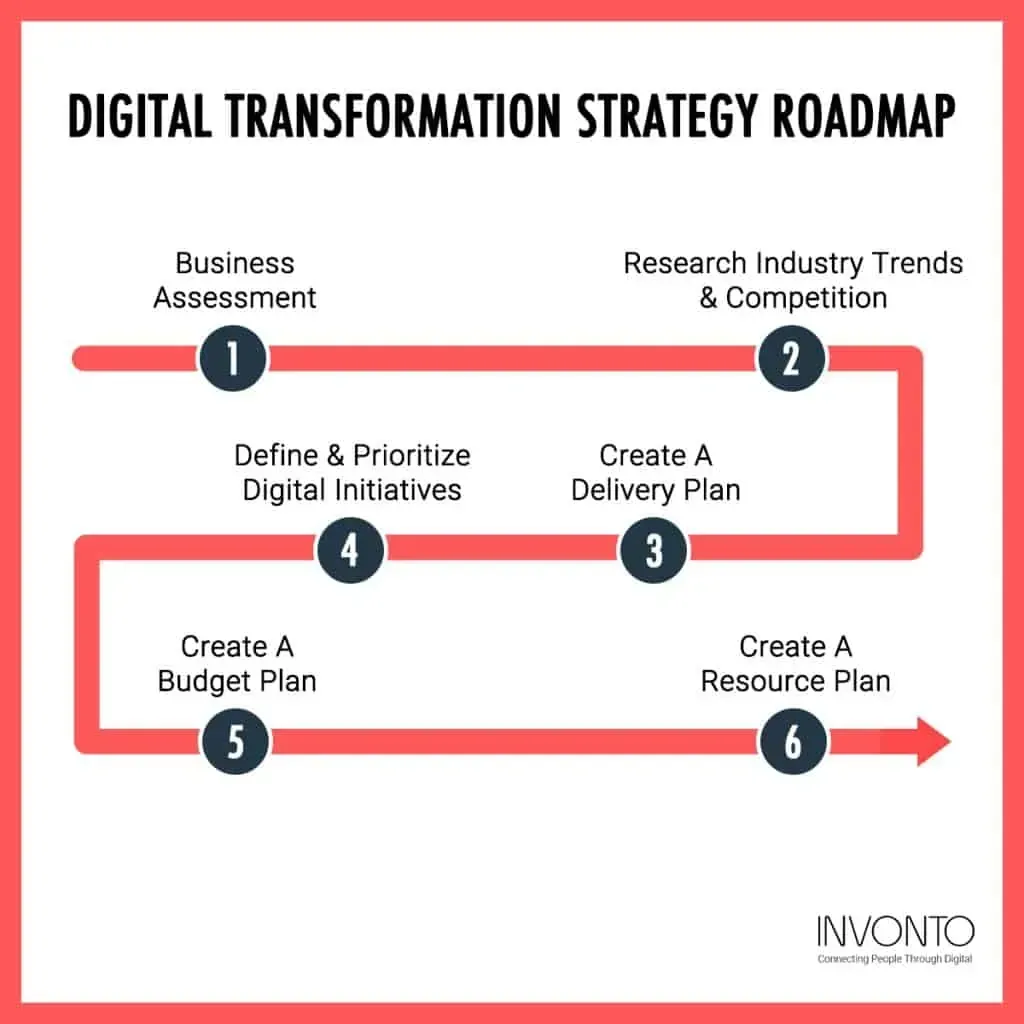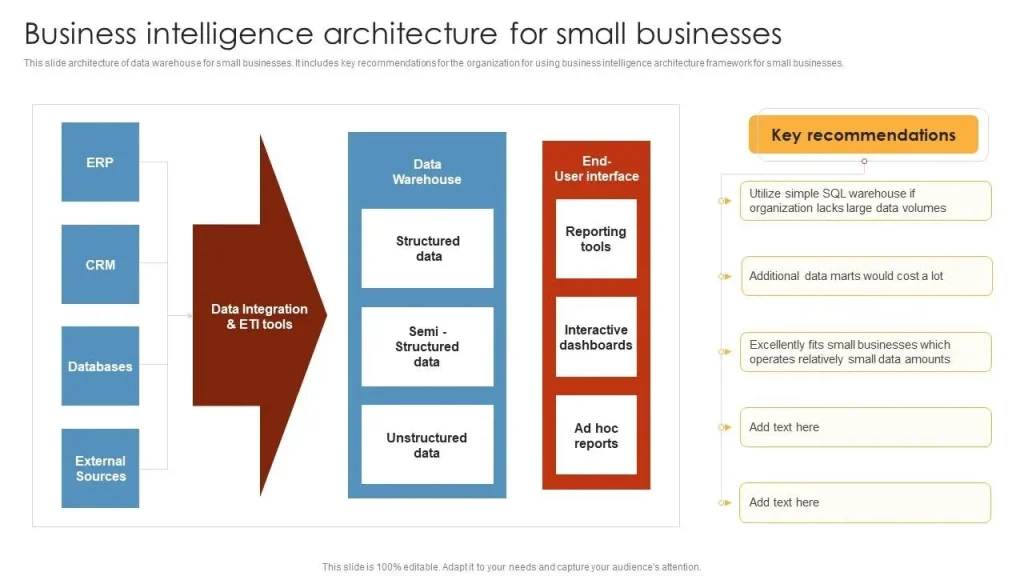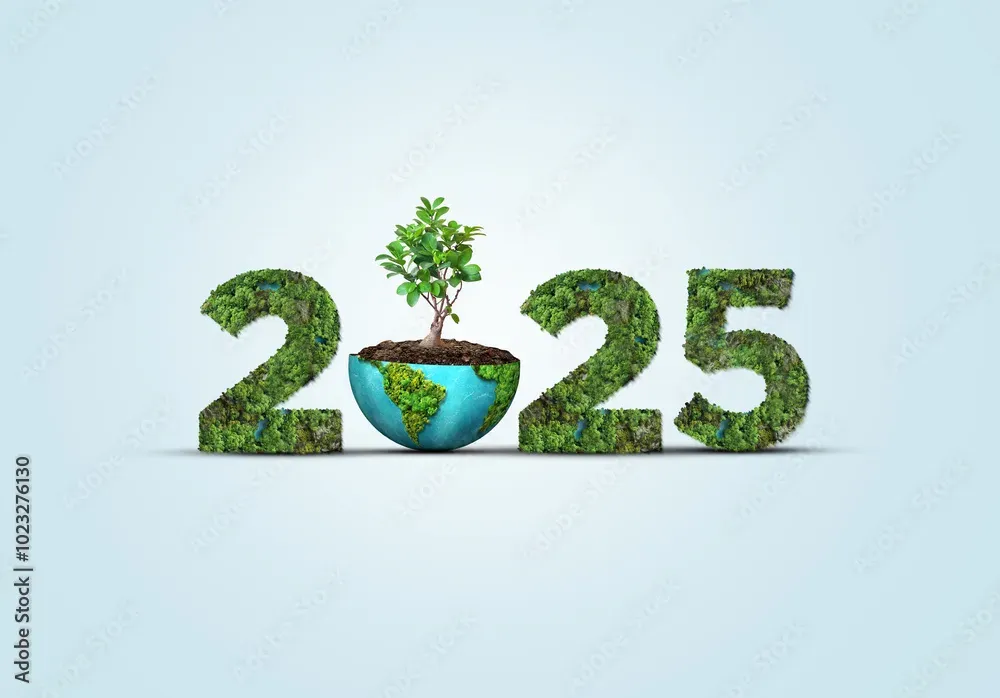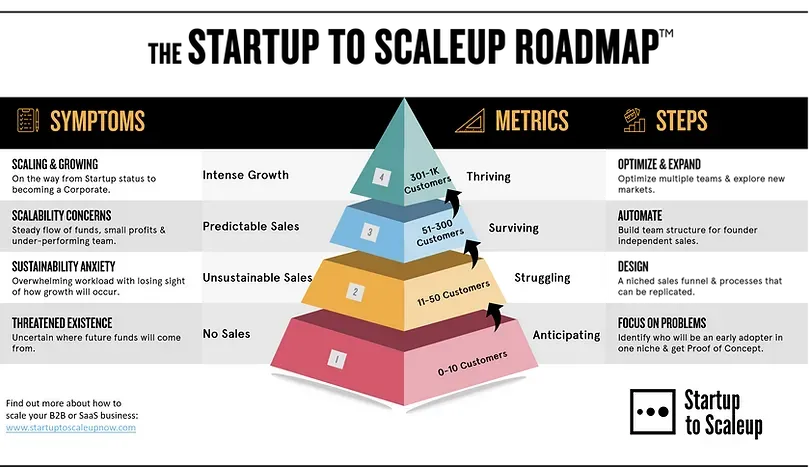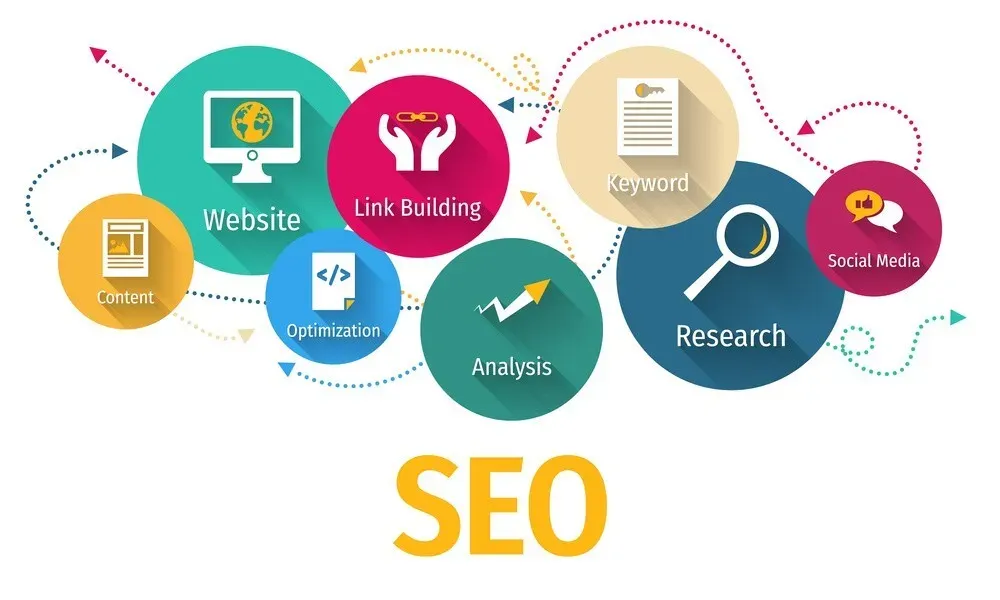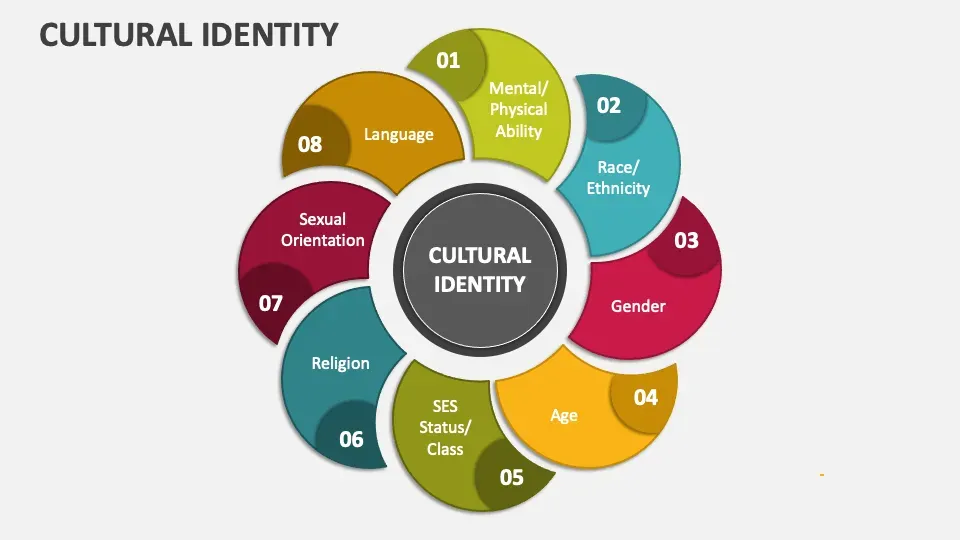Streaming Wars 2025: Best Platforms, Drops, and Insights
Streaming Wars 2025 are redefining how audiences discover, own, and share entertainment in a marketplace crowded with options, shifting from passive viewing to more intentional curation and social sharing.As viewers weigh the appeal of platforms and exclusive drops, the focus shifts to the reliability of catalogs, pricing, and discovery tools like best streaming platforms 2025, plus user-friendly interfaces, search accuracy, and mobile access.
Streaming Wars 2025: Best Platforms, Drops, and Insights Read More »


